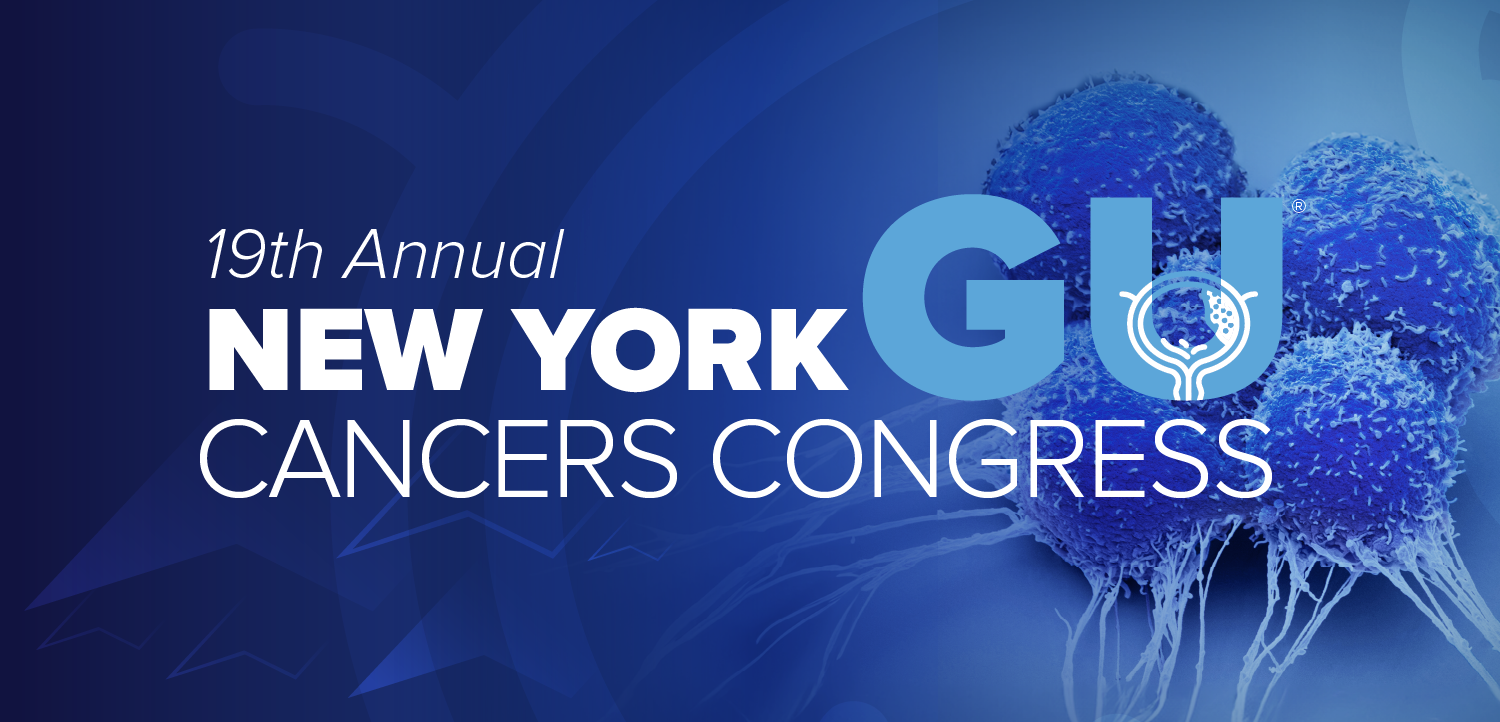
- ONCOLOGY Vol 22 No 1
- Volume 22
- Issue 1
Imatinib Halts Progression to Advanced Stages of Ph-Positive Chronic Myeloid Leukemia in 6th Year of Treatment
New data from the largest clinical trial in newly diagnosed patients with a life-threatening form of leukemia showed that long-term use of imatinib mesylate (Gleevec) can halt progression to advanced disease stages in the 6th year of treatment.
New data from the largest clinical trial in newly diagnosed patients with a life-threatening form of leukemia showed that long-term use of imatinib mesylate (Gleevec) can halt progression to advanced disease stages in the 6th year of treatment.
Results of the International Randomized Interferon versus STI571 (IRIS) study reveal that after 2 years of treatment the rate of disease progression continued to decline and fell to 0% in the study's 6th year. In addition, the estimated overall 6-year survival rate for patients treated with imatinib was 88%.
Lead investigators presented findings from this landmark study involving more than 1,100 newly diagnosed patients with Philadelphia chromosome–positive (Ph+) chronic myeloid leukemia (CML) at the 49th Annual Meeting of the American Society of Hematology (ASH).
Patients in the initial (chronic) phase of CML who received continuous treatment with imatinib did not progress to advanced stages of the disease. Without treatment, CML typically progresses over 3 to 5 years from the initial phase through a transition (accelerated) phase to a rapidly fatal form called blast crisis.
"If this survival trend continues, many patients with CML may approach normal life expectancy with continued Gleevec treatment," said Brian Druker, MD, director of the Oregon Health & Science University Cancer Institute Center.
Most CML patients are in the chronic phase when the disease is diagnosed. Before imatinib was available, about 50% of patients with Ph+ CML progressed from the initial phase to more advanced stages after only 3 to 5 years. Once patients reached the final blast crisis phase, survival was generally three to 6 months. With a unique 6-year record of safety and efficacy, imatinib remains the first-line drug therapy for all patients with Ph+ CML.
Imatinib has continued to be generally well tolerated as initial drug therapy for Ph+ CML in chronic phase. At the 6-year follow-up, the type and frequency of adverse events were similar to previously reported profiles. Newly occurring or worsening grade 3 or 4 hematologic or biochemical adverse events were infrequent.
IRIS is an open-label phase III clinical trial enrolling 1,106 newly diagnosed patients with Ph+ CML in chronic phase in 177 centers across 16 countries. There are two arms to the study: one group of patients received imatinib at 400 mg/d, while the other received a target dose of interferon (IFN) of 5 MIU/m2/d in combination with cytarabine at 20 mg/m2/d for 10 days each month. Because of tolerability issues, lack of response or loss of response, 65% of patients in the IFN/cytarabine arm crossed over to the imatinib arm, whereas only 3% of patients in the imatinib arm crossed over to the IFN/cytarabine arm.
Cumulative best responses to imatinib treatment improved dramatically between the 1st and 6th years of treatment. Over the period, the number of imatinib-treated patients showing complete cytogenetic response (or elimination of the abnormal Ph chromosome associated with CML) rose from 70% in the 1st year to 87% by the 6th year of treatment.
The estimated overall survival rate for patients receiving imatinib was 88% when considering deaths from all causes. When deaths from causes unrelated to CML or following transplantation are excluded, the estimated overall survival rate was 95%. Less than 5% of patients died of CML.
The rate of disease progression continued to decline in the 6th year of the study, with a 0.4% event rate (including loss of response) and a 0% rate of progression to advanced disease between years 5 and 6 among patients who remained on imatinib after 5 years. No new serious safety issues were identified between the 5th and 6th year of treatment.
Articles in this issue
about 18 years ago
What Is the Role of Maintenance Rituximab in Follicular NHL?about 18 years ago
ONCOLOGY: A Look Aheadabout 18 years ago
FDA Approves Thyrotropin Alfa for Use in Thyroid Cancer Ablationabout 18 years ago
Can Patient Reporting Affect Radiation Pneumonitis?about 18 years ago
Anastrozole Confirmed Superior in Breast Cancer Preventionabout 18 years ago
Critical Questions About Rituximab Maintenance in Lymphoma PatientsNewsletter
Stay up to date on recent advances in the multidisciplinary approach to cancer.
Related Content




MCL Workshop Proves Essential for Moving the Needle Forward in Research



















































